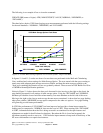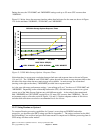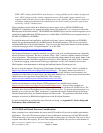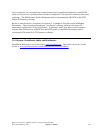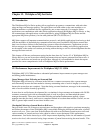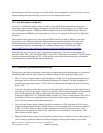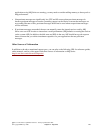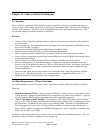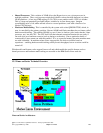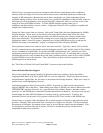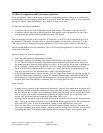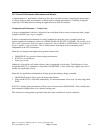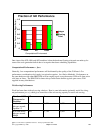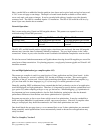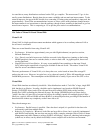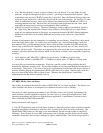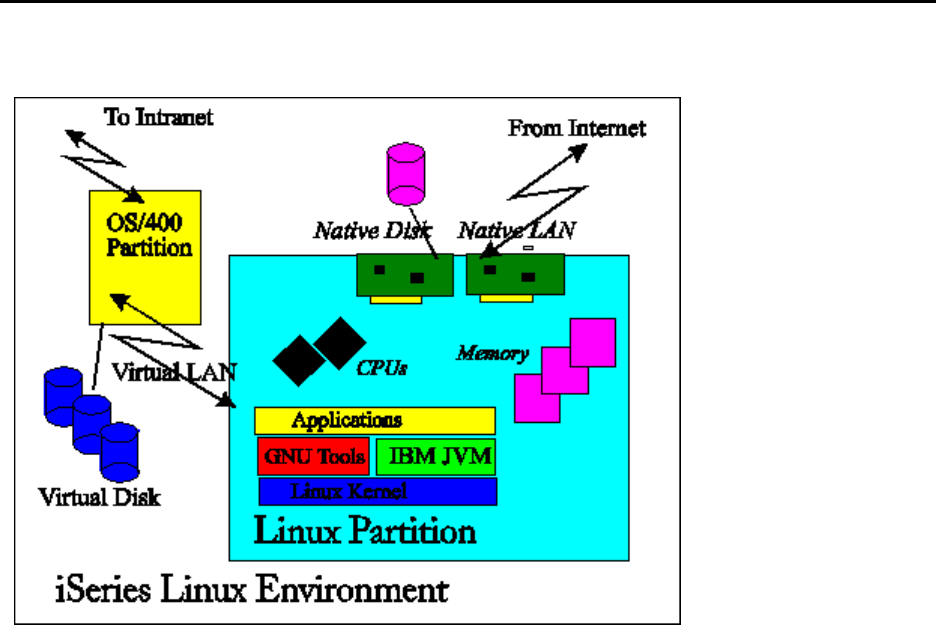
y Shared Processors. This variation of LPAR allows the Hypervisor to use a given processor in
multiple partitions. Thus, a uni-processor might be divided in various fractions between (say) three
LPAR partitions. A four way SMP might give 3.9 CPUs to one partition and 0.1 CPUs to another.
This is a large and potentially profitable subject, suitable for its own future paper. Imagine
consolidating racks of old, under utilized servers to several partitions, each with a fraction of an
iSeries CPU driving it.
y Hardware Multi-tasking. This is controlled by the system-wide value QPRCMLTTSK, which, in
turn, is controlled by the primary partition. Recent AS/400 and iSeries machines have a feature called
hardware multi-tasking. This enables OS/400 (or, now, Linux) to load two jobs (tasks, threads, Linux
processes, etc.) into the CPU. The CPU itself will then alternate execution between the two tasks if
one task waits on a hardware resource (such as during a cache miss). Due to particular details of
some models, Linux cannot run with this enabled. If so, as a practical matter, the entire machine must
run with it disabled. In machines where Linux supports this, the choice would be based on
experience -- enabling hardware multi-tasking usually boosts throughput, but on occasion would be
turned off.
Which models and feature codes support Linux at all and which enable the specific features such as
shared processors and hardware multi-tasking are revealed on the IBM iSeries Linux web site.
13.3 Linux on iSeries Technical Overview
Linux on iSeries Architecture
IBM i 6.1 Performance Capabilities Reference - January/April/October 2008
© Copyright IBM Corp. 2008 Chapter 13 - Linux 178



